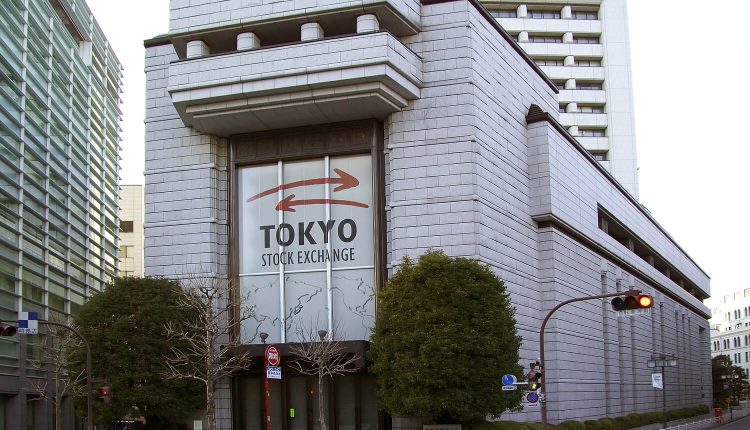Koichiro Miyahara, president and chief executive of the Tokyo Stock Exchange (TSE), has stepped down on Monday over a system failure took place last month, the bourse’s operator said on Monday.
The disruption – occurred on October 1 – had halted trade for an unprecedented full day and drew a rebuke from the regulator.
Akira Kiyota, the head of Japan Exchange Group Inc (JPX), which owns the exchange, will take over as head of the TSE, replacing Miyahara.
Miyahara appears to be the first CEO to step down following a run of outages at major exchanges in Australia, Europe, and New Zealand this year.
Japan’s financial regulator ordered the TSE and JPX to improve practices at the bourse.
The October 1 outage came as Japan has been striving to boost Tokyo’s standing as a global financial centre. The glitch had been also an embarrassment for Fujitsu Ltd, which developed the Japanese bourse’s “Arrowhead” trading system.
“It is regrettable that this happened at Japan’s main exchange at a time when Japan is aiming to improve its standing as a global financial centre,” Kiyota highlighted at a news conference after apologising and saying he felt responsible.
He added that the company was not thinking of seeking damages from Fujitsu, but said the system developer should also feel “significant responsibility”.
Kiyota will take a 50 percent pay cut for four months, while two other executives will take cuts of 20 percent and 10 percent, JPX said in a statement.
The company added that it issued “stern warnings” to two other executives.
As for Fujitsu, it said it was discussing taking internal disciplinary action, but that nothing had been decided.
“The all-day trading halt at the Tokyo bourse significantly undermines investors’ trust,” the Financial Services Agency said in a statement, adding that the exchange had to clarify where responsibility lay.
The full-day trading stoppage was the worst outage for the world’s No. 3 equity market since it switched to all-electronic trading in 1999. The Japanese exchange has said the glitch was the result of a hardware problem at the “Arrowhead” trading system and a subsequent failure to switch to a back-up.
Through an onsite inspection, the regulator determined that the Japanese exchange lacked adequate back-up settings and sufficient rules for trading resumption, Japan Exchange Group said.
The regulator also ordered the TSE to improve and test its back-up measures, the company added.
The TSE has said a committee was set to draw up fresh guidelines by March on how to restart trading following a system failure.


